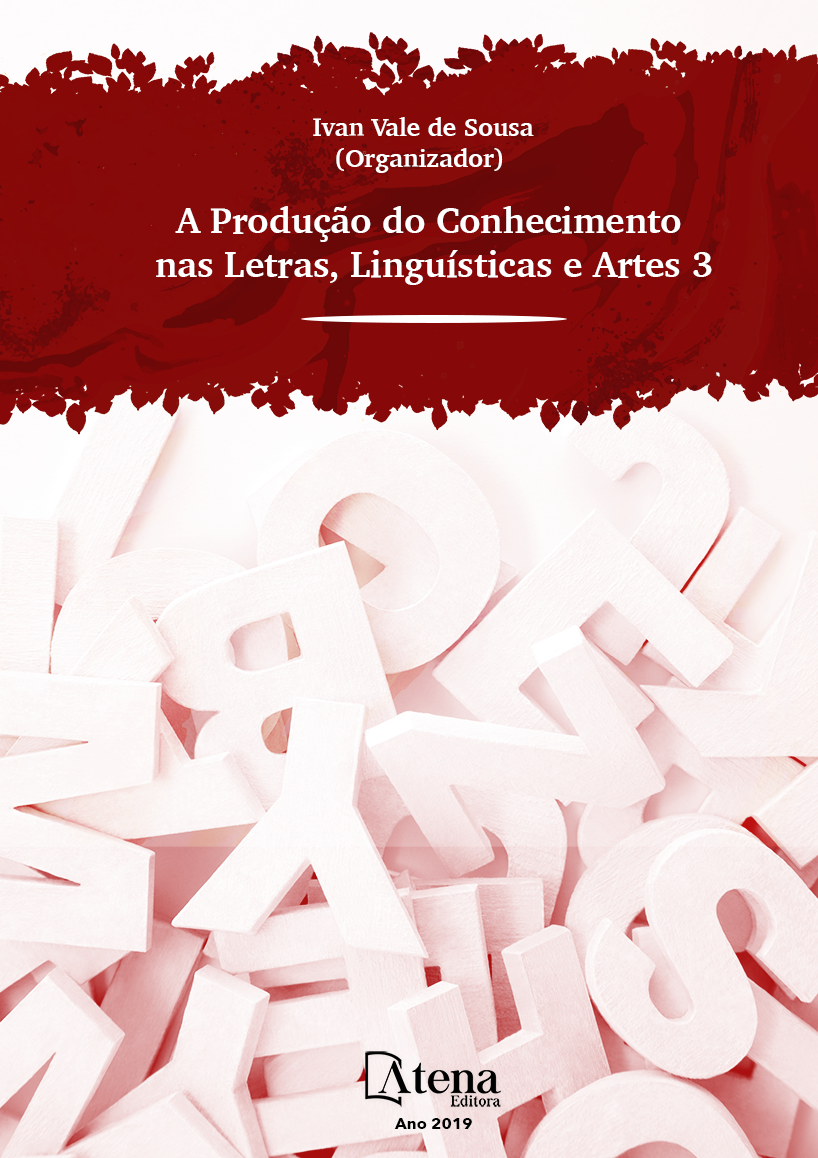
Sobrevivendo no Inferno: de onde vem o Racionais?
Este trabalho busca fazer uma
leitura ampla do disco Sobrevivendo no Inferno
(1997) do Racionais MC’s, apontando nos raps
tensões estruturantes da sociedade brasileira e
da obra do grupo, tais como racismo estrutural,
violência policial, processos embranquecedores
e higienizadores cujas raízes se encontram
firmes na escravização secular. Daí emerge a
dicção do Racionais, do Inferno que é o Capão
Redondo, externando com um flow que mimetiza
rajadas de tiros a raiva acumulada pela violência
sistemática da sociedade brasileira. Na história
da canção popular brasileira, o grupo simboliza
a quebra de um acordo cordial em que a parcela
que representa é de fato ouvida: não há mais
como mascarar o estado de exceção em que
vivem os negros pobres no Brasil. Este ensaio
introdutório, parte de um estudo de maior
fôlego, busca apresentar tais tensões e como
isso se articula com a luta e resistência com sua
comunidade no mundo objetivo.
Sobrevivendo no Inferno: de onde vem o Racionais?
-
DOI: 10.22533/at.ed.81419240416
-
Palavras-chave: Racionais; Sobrevivendo no Inferno; rap nacional; luta negra.
-
Keywords: Racionais; Sobrevivendo no Inferno; national rap; black fight.
-
Abstract:
This work seeks to make a
comprehensive reading of Racionais MC’s
album Sobrevivendo no Inferno (1997), pointing
out the structural tensions of Brazilian society
and the group’s work, such as structural racism,
police violence, whitening and sanitizing
processes whose roots are firm in secular
enslavement. From there emerges the diction
of the Racionais, of the hell that is Capão
Redondo, externalizing with a flow that mimics
bursts of shots the rage accumulated by the
systematic violence of the Brazilian society. In
the history of the Brazilian popular song, the
group symbolizes the breaking of a cordial
agreement in which the part that it represents is
indeed heard: there is no more how to mask the
state of exception in which poor blacks live in
Brazil. This introductory essay, part of a study of
greater breath, seeks to present such tensions
and how this articulates with the struggle and
resistance with its community in the objective
world.
-
Número de páginas: 15
- Rodrigo Estrella Mendes


